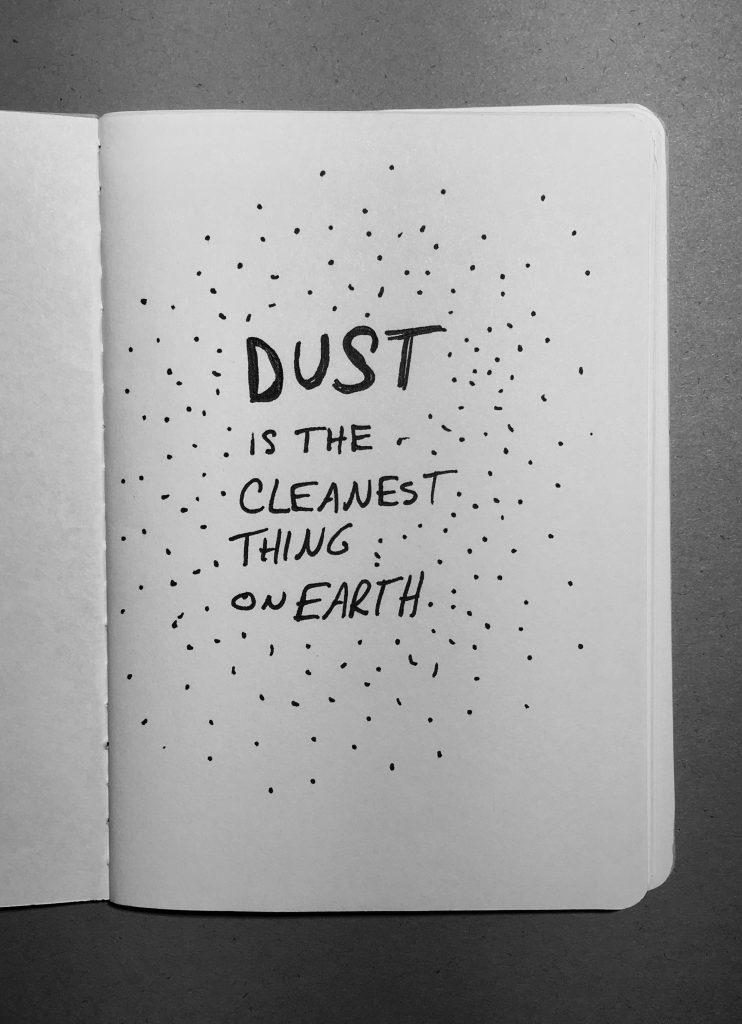 We recently welcomed our third child into the world, making life exciting, rich, and also messy. Actually, the past few months have been a process of turning our house upside down, re-organizing beds, bedrooms and clothing to make room for a newborn, and there’s no promise of it being turned right-side up any time soon.
We recently welcomed our third child into the world, making life exciting, rich, and also messy. Actually, the past few months have been a process of turning our house upside down, re-organizing beds, bedrooms and clothing to make room for a newborn, and there’s no promise of it being turned right-side up any time soon.
Overall I’m a pretty clean person (at least, I think so, but you be the judge), and I used to think that cleanliness was directly related to godliness, so having life turn our house upside down isn’t really comfortable for me. But lately things like dishes and laundry have taken a backseat to things like sleep and keeping a newborn alive (so if we’re going to make excuses, then that’s a pretty good one, right? 😉 ).
If nothing else, his week has been a great reminder that messiness is a sign of life.
But maybe more than being a tolerable evil, messiness is something that can be embraced. Can you be grateful for dust?
The poet Marilyn Nelson was interviewed by Krista Tippett recently, and she shared some great little nuggets about dust in reference to her poem called “Dusting” that made me think about dust in a different way.
I read someplace that dust is one of the cleanest things on the planet… You can wash in dust and that we can’t have rain without dust. Dust seeds clouds so that rain happens. We wouldn’t have rain without dust, which I think is beautiful. And that dust is full of life, that the things listed in my poem are things that are in dust, that dust is alive. Sharon Olds, a really terrific poet, told me once that she had named the dust bunnies in her house…
We’re not to the point of naming dust bunnies, but I’m encouraged to take messiness in stride, and not overlook the three little, growing gifts that caused all this mess in the first place (at least, that’s where I’m pointing the finger 😉 ).
If you’re battling the messiness of life, maybe you can join me in learning to be grateful for the dust.
Here’s Nelson’s poem in full (source):
Dusting
Marilyn Nelson, 1946
Thank you for these tiny
particles of ocean salt,
pearl-necklace viruses,
winged protozoans:
for the infinite,
intricate shapes
of submicroscopic
living things.For algae spores
and fungus spores,
bonded by vital
mutual genetic cooperation,
spreading their
inseparable lives
from equator to pole.My hand, my arm,
make sweeping circles.
Dust climbs the ladder of light.
For this infernal, endless chore,
for these eternal seeds of rain:
Thank you. For dust.